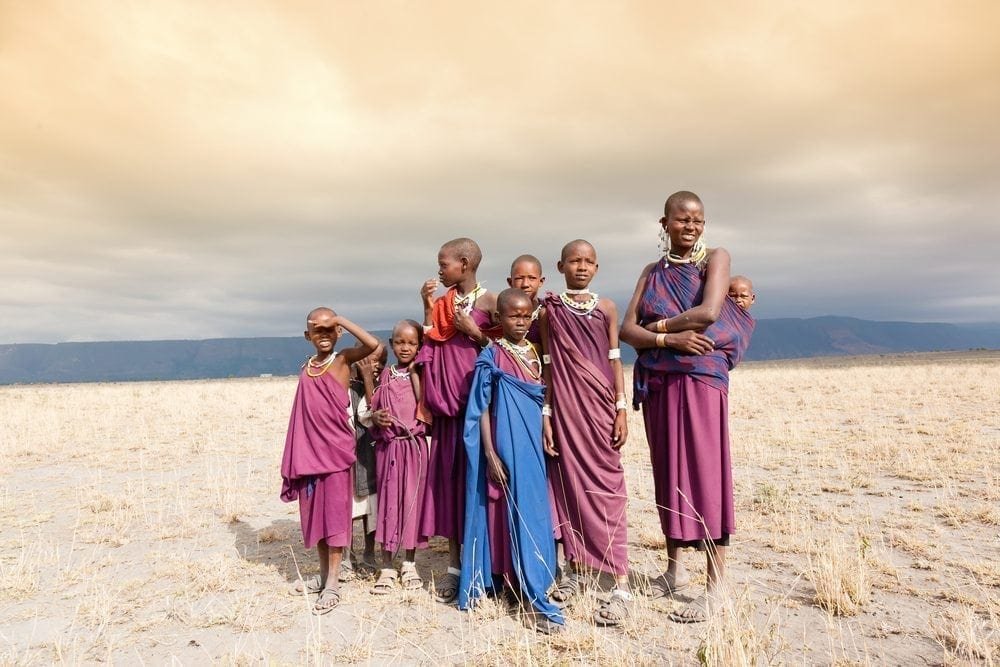A significant market failure
The report reveals that households living on less than $2.50 a day collectively spend $10 billion every year on energy-related products, such as charcoal, kerosene, candles and torches.
Measured on a per unit basis, Africa’s poorest households are spending around $10/kWh on lighting – 20 times more than Africa’s richest households.
By comparison, the national average cost for electricity in the United States is $0.12/kWh and in the United Kingdom it’s $0.15/kWh.
This is a significant market failure. Low-cost renewable technologies could reduce the cost of energy, benefiting millions of poor households, creating investment opportunities and cutting carbon emissions.
An energy revolution
The report says Africa’s leaders must start an energy revolution that connects the unconnected, and meets the demands of consumers, businesses and investors for affordable and reliable electricity.
Among other things, the 2015 Africa Progress Report urges African governments to redirect the $21 billion spent on subsidies for loss-making utilities and electricity consumption – which benefit mainly the rich – towards connection subsidies and renewable energy investments that deliver energy to the poor.
‘Subsiding a climate catastrophe’
The report challenges African governments and their international partners to raise the level of ambition for the crucial climate summit in Paris in December, and calls for wholesale reform of the fragmented, under-resourced and ineffective climate financing system.
G20 countries should set a timetable for phasing out fossil fuel subsidies, the report states, with a ban on exploration and production subsidies by 2018.
‘Many rich country governments tell us they want a climate deal. But at the same time billions of dollars of taxpayers’ money are subsidising the discovery of new coal, oil and gas reserves.
‘They should be pricing carbon out of the market through taxation, not subsiding a climate catastrophe.’
Kofi Annan, Chair of the Africa Progress Panel
Playing poker with the planet
While recognising recent improvements in the negotiating positions of the European Union, the United States and China, the report says that current proposals still fall far short of a credible deal for limiting global warming to no more than 2˚C above pre-industrial levels.
It condemns Australia, Canada, Japan and Russia for effectively withdrawing from constructive engagement on climate.
‘By hedging their bets and waiting for others to move first, some governments are playing poker with the planet and future generations’ lives. This is not a moment for prevarication, short-term self-interest, and constrained ambition, but for bold global leadership and decisive action.
‘Countries like Ethiopia, Kenya, Rwanda and South Africa are emerging as front-runners in the global transition to low-carbon energy. Africa is well positioned to expand the power generation needed to drive growth, deliver energy for all and play a leadership role in the crucial climate change negotiations.’
Kofi Annan, Chair of the Africa Progress Panel
Click here for the Power, People, Planet: Seizing Africa’s Energy and Climate Opportunities report.
 Play Video about This Rock Might Just Save The World
Play Video about This Rock Might Just Save The World Play Video about Play 2 hours of rock
Play Video about Play 2 hours of rock Play Video about Play 2 hours of brook
Play Video about Play 2 hours of brook Play Video about Play 2 hours of sheep
Play Video about Play 2 hours of sheep











































